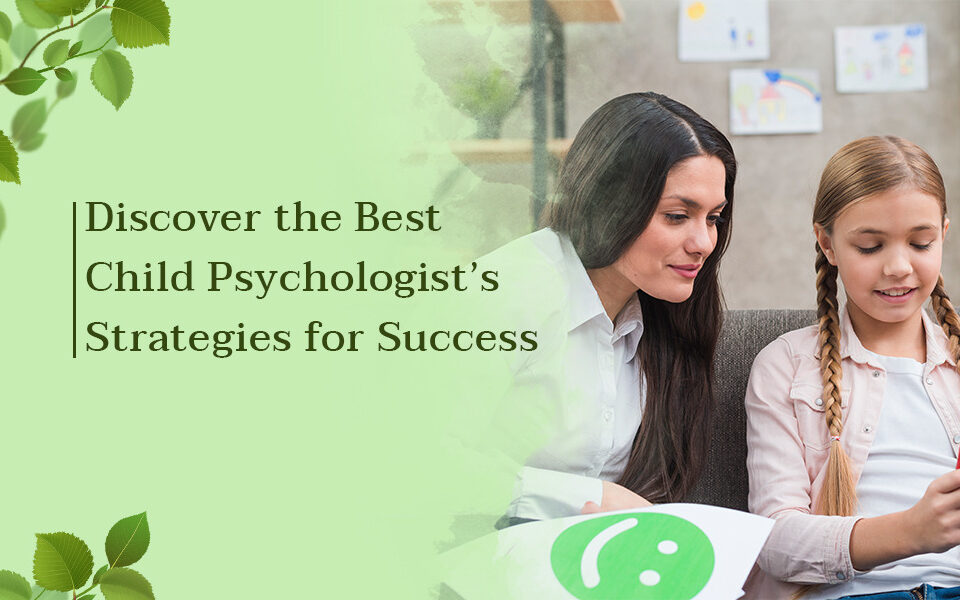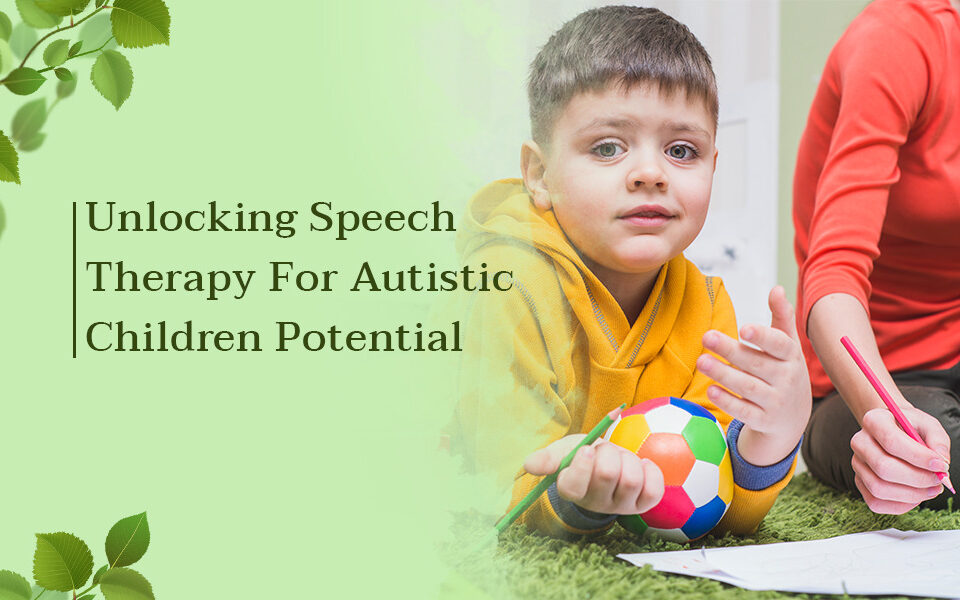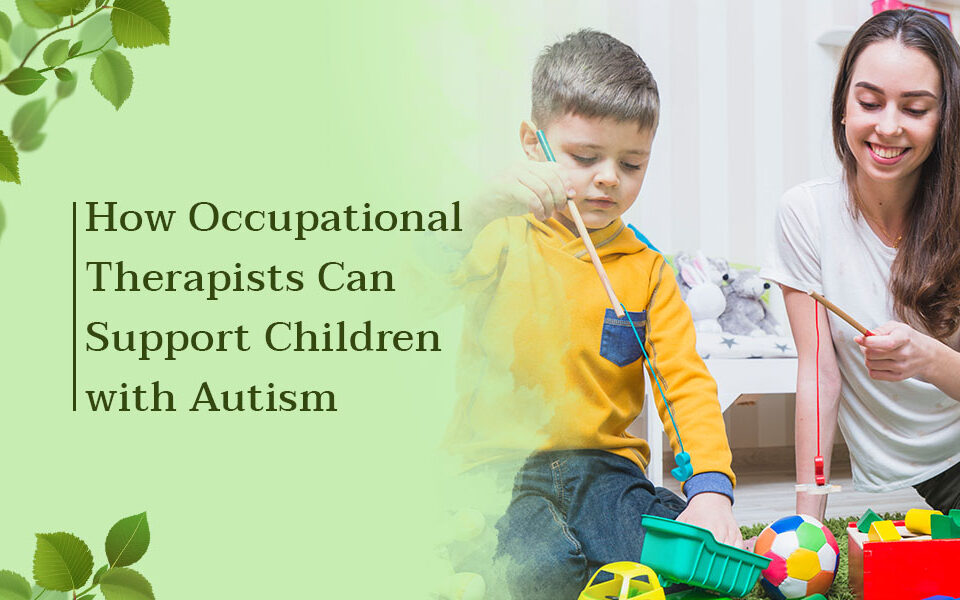- Jofa Tower 5th floor, SB-23, Block 13 C, Main University Rd, Gulshan-e-Iqbal, Karachi.
- +92 322 3746726
- tis@transformation.com.pk
Stereotyping of Autistic Children in Pakistan and How Parents or Caregivers Should Overcome It: The Role of Transformation International Wellness Clinics

Dr. Imran Yousuf (Founder/Chairman TRANSFORMATION – Inspire For Better Living)
January 1, 2025
NDF Pakistan inks MOU with TRANSFORMATION – Inspire for better living International Society
February 25, 2025Autism Spectrum Disorder (ASD) affects millions of children around the world, and Pakistan is no exception. Despite growing awareness about the condition, autistic children in Pakistan often face significant challenges, particularly when it comes to societal attitudes. Stereotyping of autistic children is widespread, and these misconceptions can have a detrimental effect on the children’s development and quality of life. However, through proper intervention, understanding, and support, these negative perceptions can be overcome.
In this article, we’ll delve deep into the stereotyping of autistic children in Pakistan, the impact this has on them and their families, and how parents and caregivers can take proactive steps to overcome these stereotypes. Moreover, we’ll explore how Transformation International Wellness Clinics, with its holistic approach and 26 therapies tailored for children with special needs, plays a critical role in supporting autistic children and empowering their families.
Understanding Autism Spectrum Disorder (ASD)
Autism Spectrum Disorder (ASD) is a developmental disorder that affects communication, behavior, and social interactions. It is known as a “spectrum” disorder because it manifests in various degrees, ranging from mild to severe. While every child with autism is unique, common characteristics include difficulty with verbal and non-verbal communication, limited social interactions, and repetitive behaviors.
Autistic children often have difficulty expressing themselves, which can lead to frustration and misunderstanding from those around them. This is especially true in societies where autism is still not fully understood, such as in Pakistan, where there are cultural, social, and educational barriers that contribute to negative stereotypes.
Stereotyping of Autistic Children in Pakistan
In Pakistan, there is still a lack of comprehensive awareness and understanding about autism, which leads to numerous misconceptions. Some of the most common stereotypes about autistic children in Pakistan include:
- Autism is a result of bad parenting: Many people believe that autistic children are a result of poor parenting or an inability to raise children properly. This is far from the truth. Autism is a neurodevelopmental condition with genetic and environmental factors, and it has nothing to do with the quality of parenting.
- Autistic children are incapable of learning: A prevalent stereotype is that children with autism cannot learn or achieve academic success. In reality, many children with autism possess significant intellectual abilities, and with the right interventions, they can thrive academically and socially.
- Autism is a rare disorder: While the global prevalence of autism is estimated at 1 in 100 children, many people in Pakistan still believe that autism is rare. This misconception leads to a lack of necessary services, making it difficult for families to find appropriate support.
- Autistic children are violent or uncontrollable: Another damaging stereotype is that children with autism are inherently violent or aggressive. In truth, the vast majority of children with autism are not violent. Any aggressive behavior is often the result of frustration stemming from an inability to communicate or sensory overload.
- Autism cannot be treated: Many believe that there is no hope for children with autism, leading to despair and a lack of motivation for families to seek help. However, with proper therapy and support, children with autism can significantly improve their quality of life.
The Social Impact of Stereotyping on Autistic Children
Stereotyping of autistic children can have a far-reaching impact on their social integration, self-esteem, and overall well-being. When these children are constantly subjected to negative stereotypes, it can result in:
- Social exclusion: Autistic children may be left out of social activities, both in school and in the broader community, due to the stigma surrounding their condition.
- Mental health issues: Constant stigmatization can lead to mental health challenges, including anxiety, depression, and low self-worth, as children internalize negative perceptions about themselves.
- Educational setbacks: Teachers and school staff who hold prejudiced views about autism may fail to provide the necessary support, leading to academic difficulties and missed opportunities for growth.
- Parental stress: The constant battle to advocate for their child can put immense pressure on parents, leading to stress, burnout, and a lack of social support.
How Parents and Caregivers Can Overcome These Stereotypes
Parents and caregivers play a crucial role in combating the stereotypes associated with autism. By adopting a proactive approach, they can foster a positive environment for their child’s development and help shift societal perceptions.
1. Educate Yourself and Others
One of the most powerful tools in combating autism stereotypes is education. By gaining a thorough understanding of autism, its signs, symptoms, and the strategies for supporting children with the condition, parents can challenge misconceptions and promote a more accurate view of autism. Sharing this knowledge with friends, family members, teachers, and community leaders can help raise awareness and reduce stigma.
2. Advocate for Your Child’s Needs
Parents need to be strong advocates for their child’s rights and needs. Whether it’s pushing for better educational opportunities, specialized therapies, or simply asking for understanding in social situations, advocacy is essential for breaking down barriers. Parents can work with schools and local communities to ensure that their child receives the support they need to thrive.
3. Seek Professional Help
Working with healthcare providers, therapists, and specialists who understand autism is key to overcoming the challenges that come with the disorder. Transformation International Wellness Clinics provides 26 therapies tailored to children with special needs, offering comprehensive support that addresses a child’s unique developmental needs.
4. Foster Positive Social Interactions
Creating opportunities for children with autism to engage in positive social interactions is crucial. Parents can arrange playdates, encourage participation in group activities, and ensure that their child is included in family and community events. Building friendships with understanding peers is essential for breaking the isolation that many autistic children face.
5. Challenge Stereotypes and Change Perceptions
Every conversation, every interaction is an opportunity to challenge stereotypes. By calmly and assertively addressing misconceptions, parents can help others understand that autism is not something to fear or misunderstand. Over time, this can lead to greater acceptance and inclusion.
The Role of Transformation International Wellness Clinics
Transformation International Wellness Clinics has been a leading advocate for children with autism and special needs in Pakistan. With a focus on holistic care, the clinic offers 26 different therapies, such as:
- Behavioral Therapy: Tailored to help children with autism develop social and communication skills, as well as improve their behavior.
- Speech Therapy: Aimed at improving communication, articulation, and social interaction skills.
- Occupational Therapy: Focuses on improving a child’s ability to perform daily tasks and interact with the environment.
- Sensory Integration Therapy: Helps children who are sensitive to sensory stimuli to better adapt and respond to their surroundings.
- Cognitive Therapy: Designed to enhance cognitive skills and problem-solving abilities.
By utilizing these therapies, children with autism can make significant strides in their development. The clinic’s holistic approach ensures that each child receives personalized care that addresses not only their immediate needs but also their long-term development.
How Therapy Benefits Autistic Children
Therapies provided by Transformation International Wellness Clinics play a vital role in helping children with autism break through the barriers imposed by the disorder. Here’s how these therapies benefit children:
- Improved Communication: Many autistic children struggle with verbal and non-verbal communication. Speech and language therapies enable them to express their needs, interact with others, and develop essential social skills.
- Increased Social Interaction: Behavioral therapies and social skills programs allow children to practice social interactions in a structured setting, which can then be transferred to real-world situations.
- Better Behavioral Regulation: Children with autism often experience emotional outbursts and frustration. Therapeutic interventions help them manage their emotions and respond to stress in healthier ways.
- Enhanced Cognitive Function: Cognitive therapies work on strengthening problem-solving abilities, memory, and attention, which can improve academic performance and daily functioning.
- Greater Independence: Through occupational therapy and life skills training, children learn to perform daily tasks like dressing, eating, and grooming, which builds their confidence and independence.
Conclusion: Moving Toward Acceptance and Inclusion
The stereotyping of autistic children in Pakistan is a major barrier that needs to be addressed. However, with the right support and intervention, it is possible to break down these misconceptions and help children with autism thrive in a society that may not always understand them. Parents and caregivers are instrumental in creating change, and by being educated, proactive, and advocating for their children, they can play a pivotal role in overcoming societal stereotypes.
Transformation International Wellness Clinics provides a beacon of hope for families, offering specialized therapies that help children reach their full potential. By focusing on holistic care and tailored therapies, the clinic is transforming the lives of children with autism and paving the way for greater acceptance, inclusion, and understanding within the broader Pakistani community.
Ultimately, it is only through collective efforts—by educating society, advocating for change, and providing proper care—that we can ensure a brighter future for autistic children in Pakistan.




